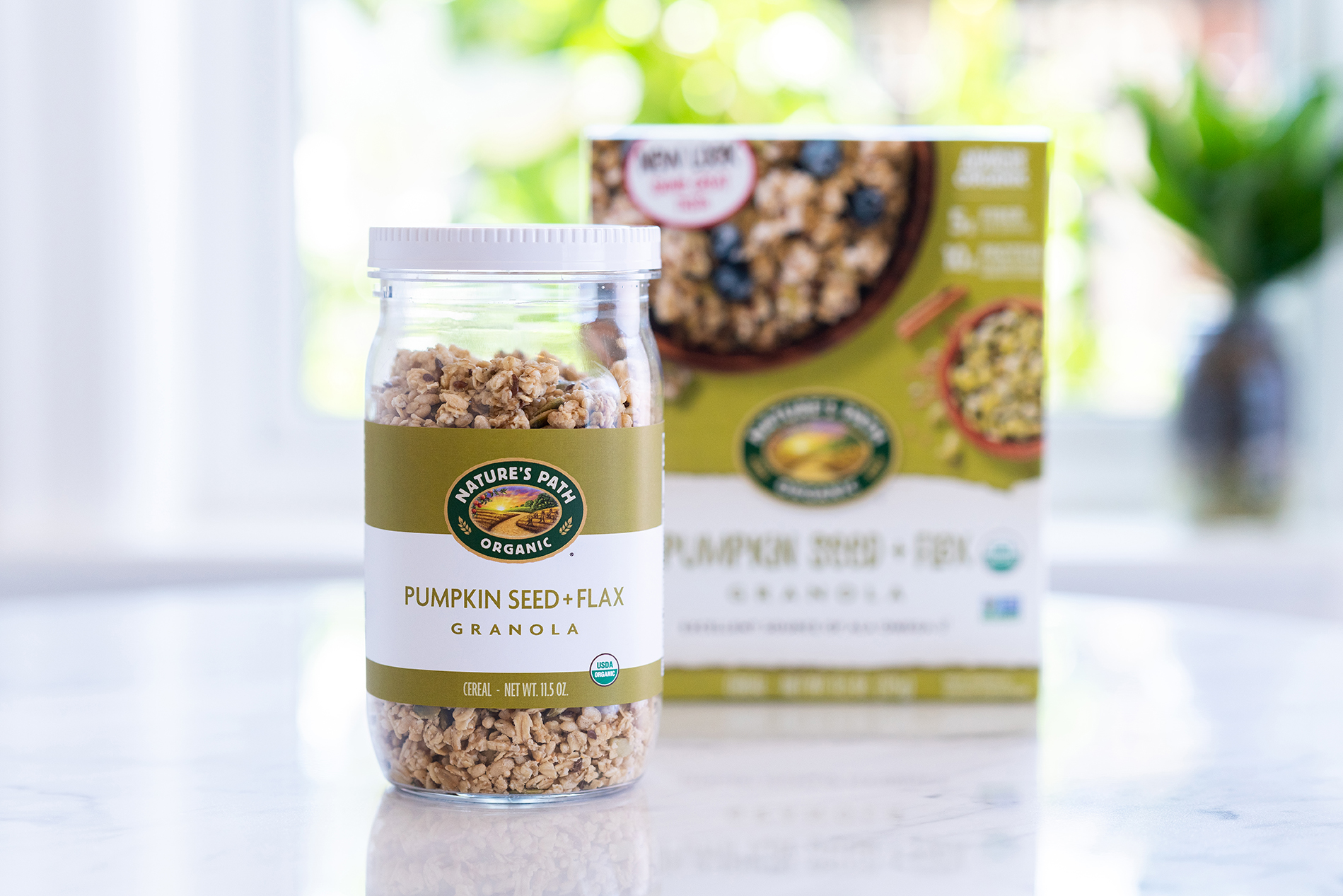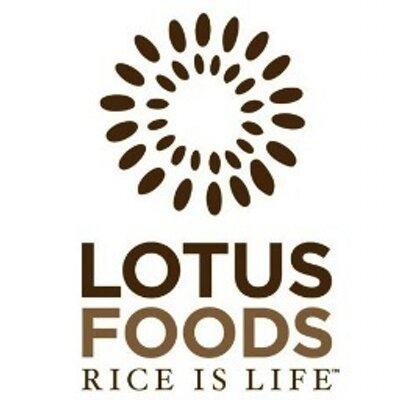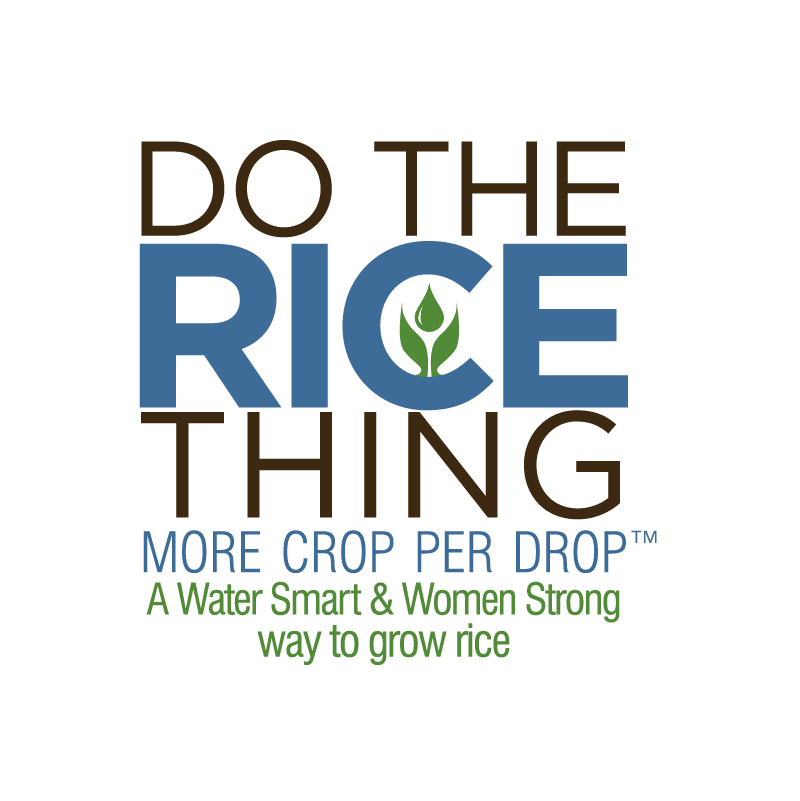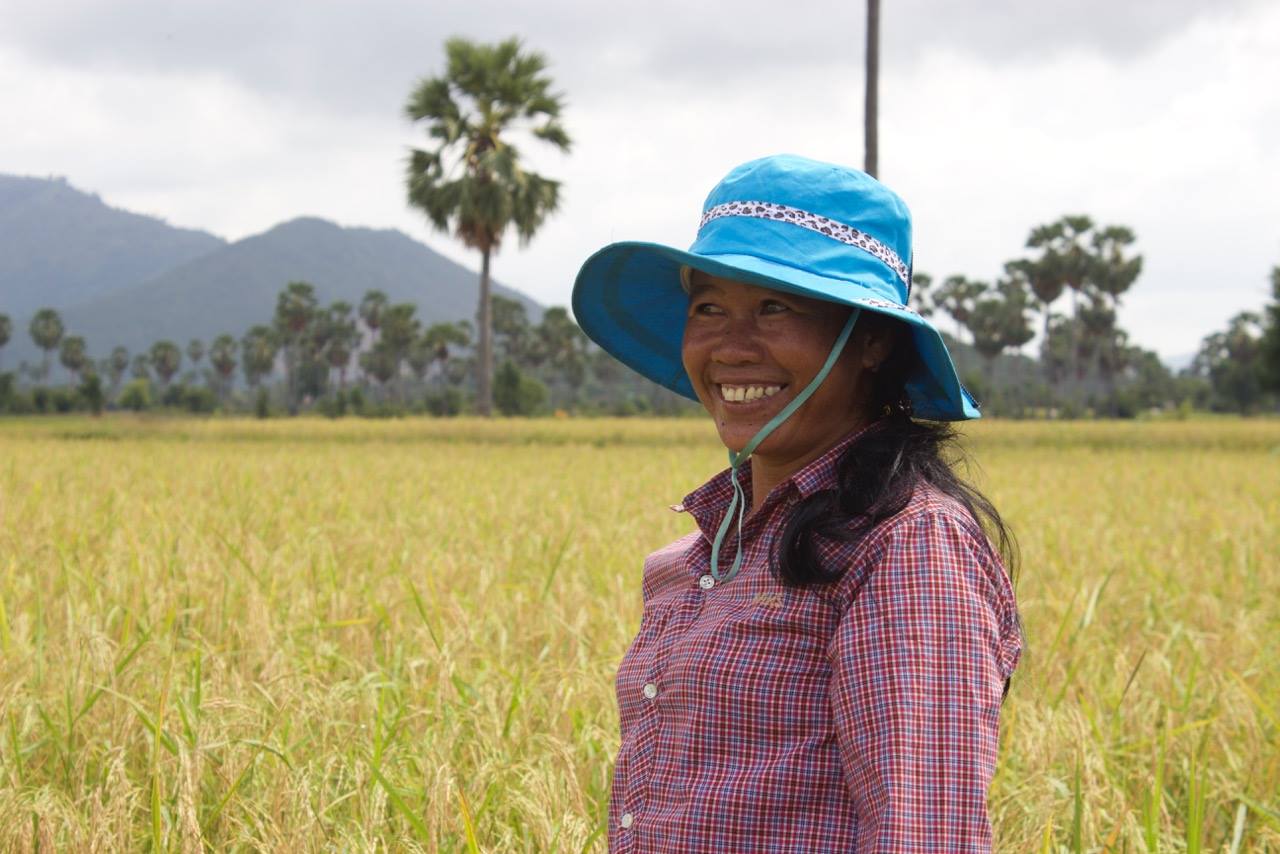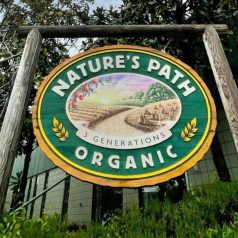
Spotlight on Nature’s Path
We’re shining a bright Member Deals Spotlight this week on a fiercely independent family-owned company that manages to maintain its foothold in an industry dominated by mega multi-national food brands. Nature’s Path chose the road less traveled and we’re excited to shine a bright light on their Inclusive-Trade business from March 9th – 15th, during which member-owners can enjoy a 20% discount on their entire line of products. Read on to learn more about the multi-generational family at the helm of Nature’s Path, their commitment to organic integrity, and the mission that drives them to succeed:
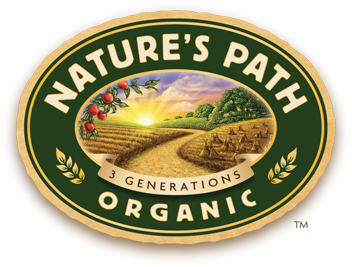
In the May 23rd, 2022 episode of his podcast How I Built This, Guy Roz opens his interview with Nature’s Path founder-owners Arran and Ratana Stephens by outlining the unlikely scenario of their success. “There are two companies in America that basically own the morning,” Roz explains. “One is called Kellogs, the other is General Mills. Post is not far behind.” In the organic market, there’s the illusion of much more brand diversity as you travel the cereal aisle, but do not be deceived — most of these organic brands have been purchased over the past 20 years by…you guessed it — Kellogs, General Mills, and Post. In this sea of cereal consolidation floats an unlikely victor – a family-owned brand called Nature’s Path that clings fast to its values and refuses to sell out.
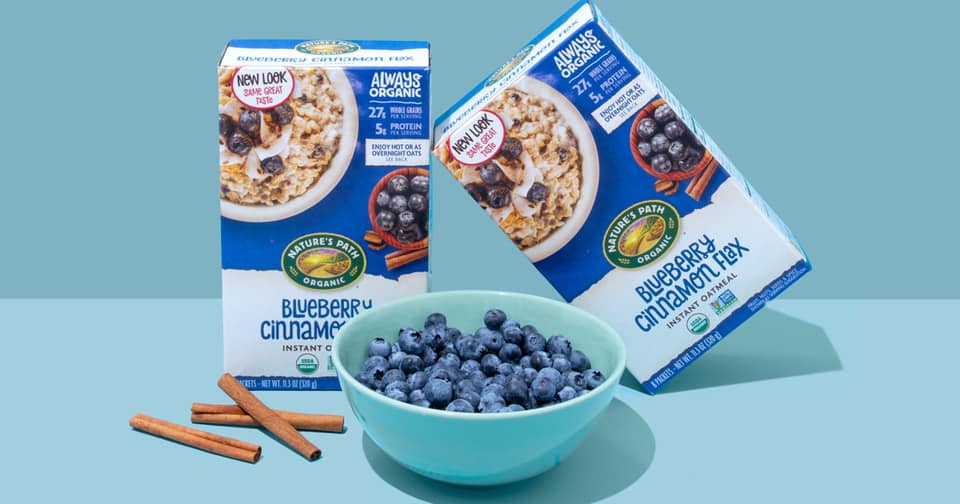
Arran and Ratana met in India in the late 1960s where they were both under the tutelage of the same spiritual guide. Despite being born in Pakistan, India was home for Ratana, and while Arran’s grandmother was also from India, he had grown up on an organic farm outside of Vancouver in Canada. After a particularly formative visit to India at the age of 23, Arran returned to Vancouver inspired to open a vegetarian restaurant called the Golden Lotus. The restaurant was warmly welcomed by the community and was successful from the start.

In 1968, Arran took a temporary leave from the restaurant to revisit his spiritual mentor for a birthday celebration event. That evening, he and Ratana sat at opposite ends of a crowded dinner table and can recall their eyes locking. Indian women didn’t typically marry Westerners, but with the blessing of their shared mentor, they agreed to marry and returned to Canada in 1969 to run the restaurant together.
Ratana cooked at the Golden Lotus and raised the couple’s four children while Arran managed the business aspect of the restaurant, eventually transitioning it to a cooperative business model so that it could be collectively owned by its employees. Arran then started a natural foods store attached to the restaurant that imported Indian goods and sold organic and natural food items, including muffins made in-house by Ratana. By the 1980s they’d expanded significantly, including annex stores and warehouses, and were enjoying significant success, but when it came time to scale the business and seek additional funding, Arran and Ratana’s relationship with one of their business partners had soured and they were ready to cut ties on the store venture.
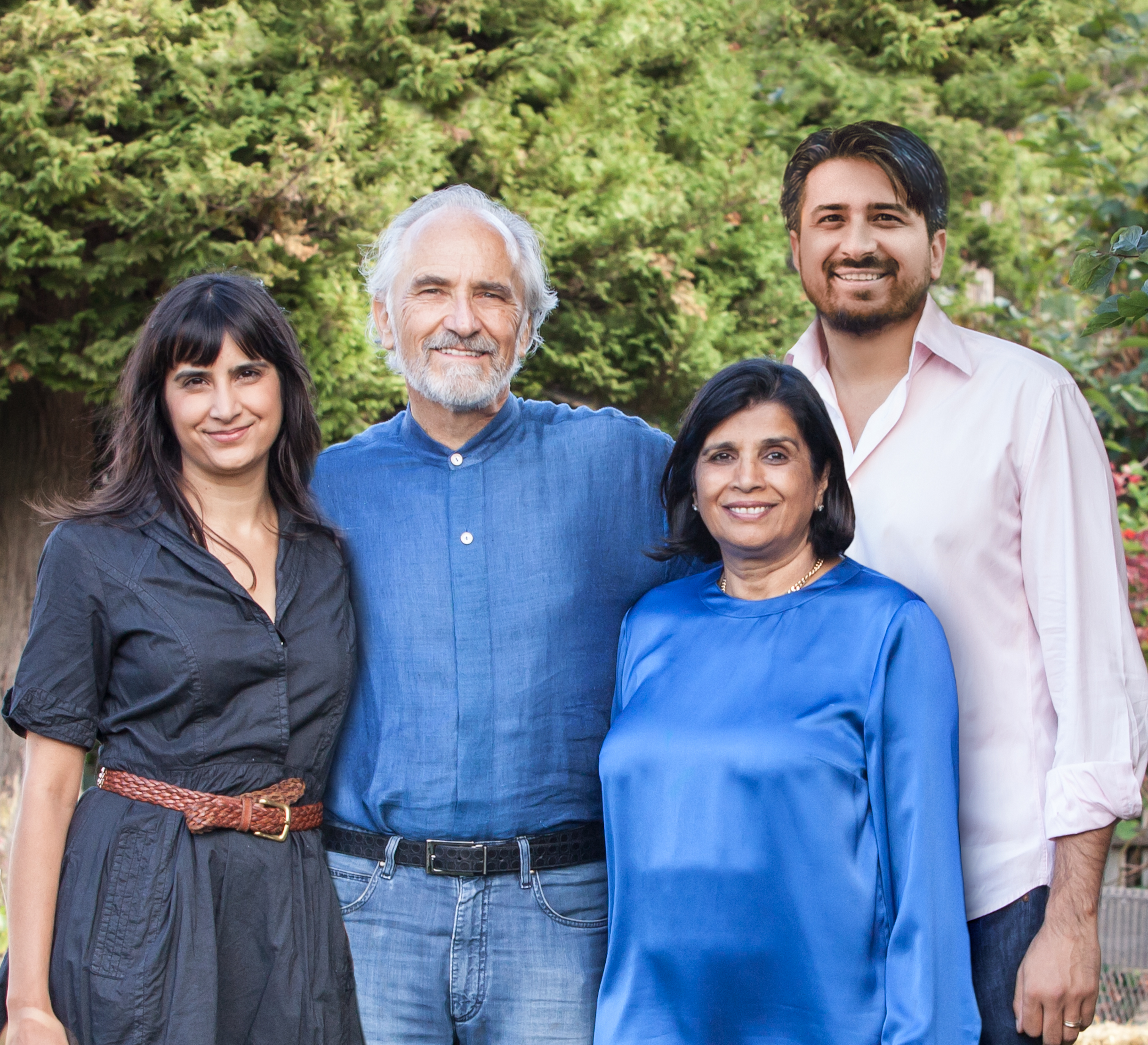
Arran continued to manage the cooperative restaurant, while Ratana formally studied finance, and they opened a successful new restaurant called The Woodlands, where in 1985, Arran began making Nature’s Path’s first product – manna bread, sprouting the grain in a bathtub in a bakery in the back of the restaurant. The bread was sold as a frozen product through a network of distributors throughout Canada and the US. Shortly after, Arran expanded the product line to include cereal, leading with manna multi-grain flakes.
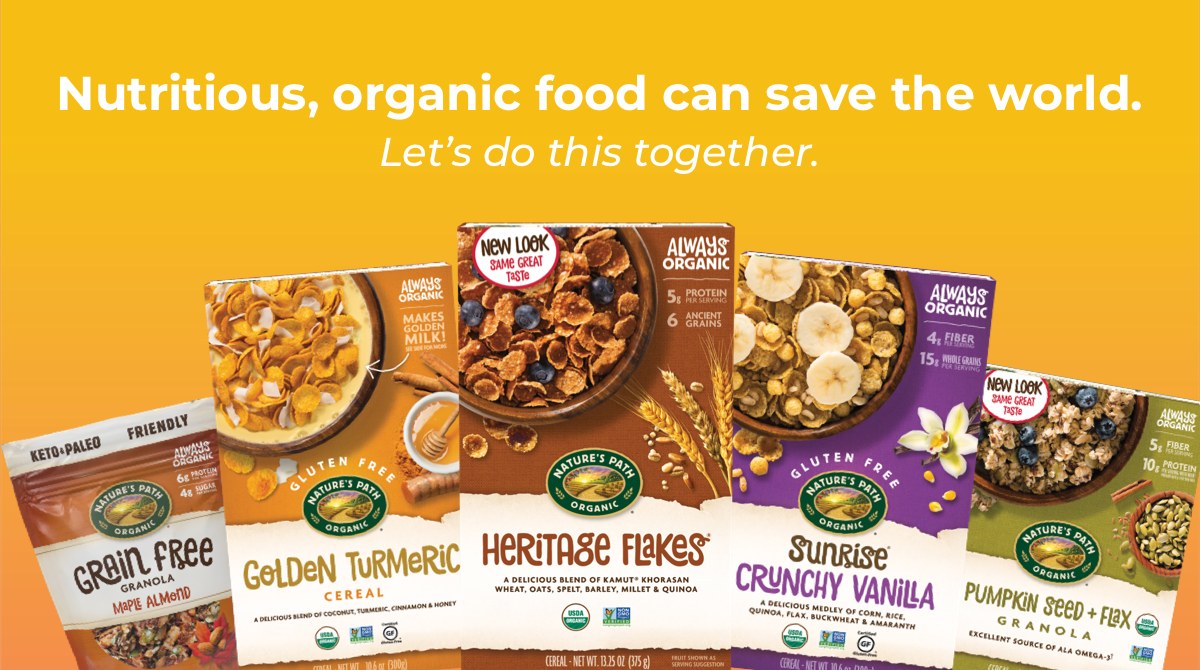
A champion for organic integrity from the onset, it was important to Arran that his customers have confidence in the quality of his products. In the mid-80s, the organic program wasn’t yet fully formed, with no third-party label available to designate certified organic products. Arran was involved in the development of the first organic rules and served on the board of the Organic Trade Association during those most formative years. Legend Organic Farm, owned by Arran Stephens, is one of the first to earn the Regenerative Organic Certification® from the Regenerative Organic Alliance (ROA). This brings us closer to our goal of building a food movement that helps to heal the soil, land, water, and air.
As business boomed, Arran found that he needed to expand to meet increasing demand and began seeking funding sources. At the largest bank in Canada, he was warned against competing with the likes of Kellogs and General Mills, and this response became the common refrain of each big bank he approached. Finally, in 1989, Canadian Western, a much smaller bank, agreed to invest in the $6 million construction of a new turn-key factory for Nature’s Path, which opened on April 6th, 1990. Arran and Ratana sold the restaurant to focus solely on Nature’s Path.
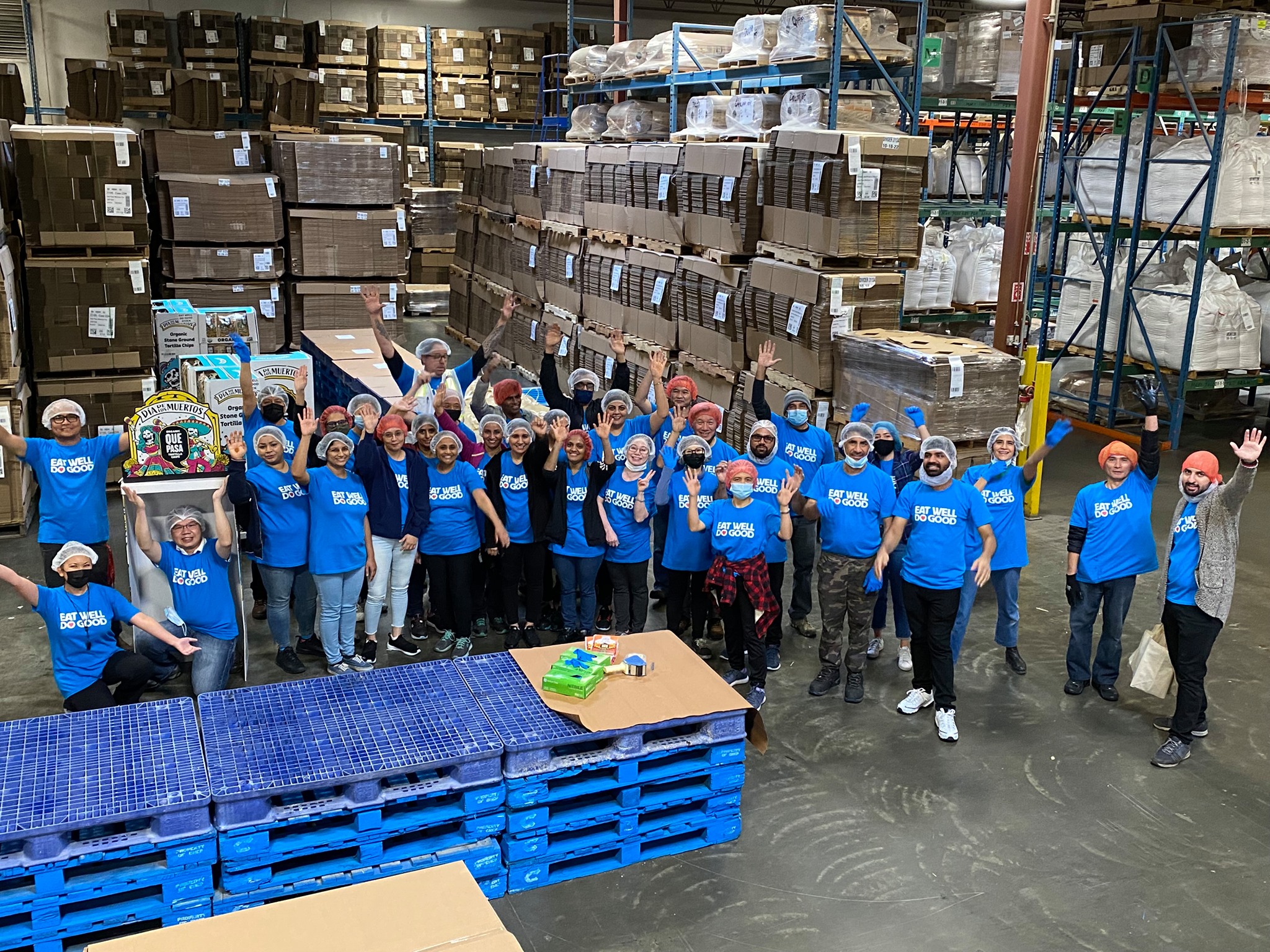
An awakening was underway in North America at this time and more consumers were looking for products produced without pesticides, herbicides, and artificial additives. By the late ’90s, Nature’s Path was well positioned to ride this whole foods wave, despite sharing crowded shelf space with the giants. They have since expanded beyond cereals, now boasting 150+ products and over 800 employees. For many years, Arran served as Chief Executive Officer managing Sales and Marketing, while Ratana served as Chief Operations Officer focusing on staffing and finance. Four years ago, Arran stepped down as CEO and Ratana stepped into that role. Arran affectionately describes Ratana in Roz’s podcast as “the soul of the company” and the “yin to my yang”.
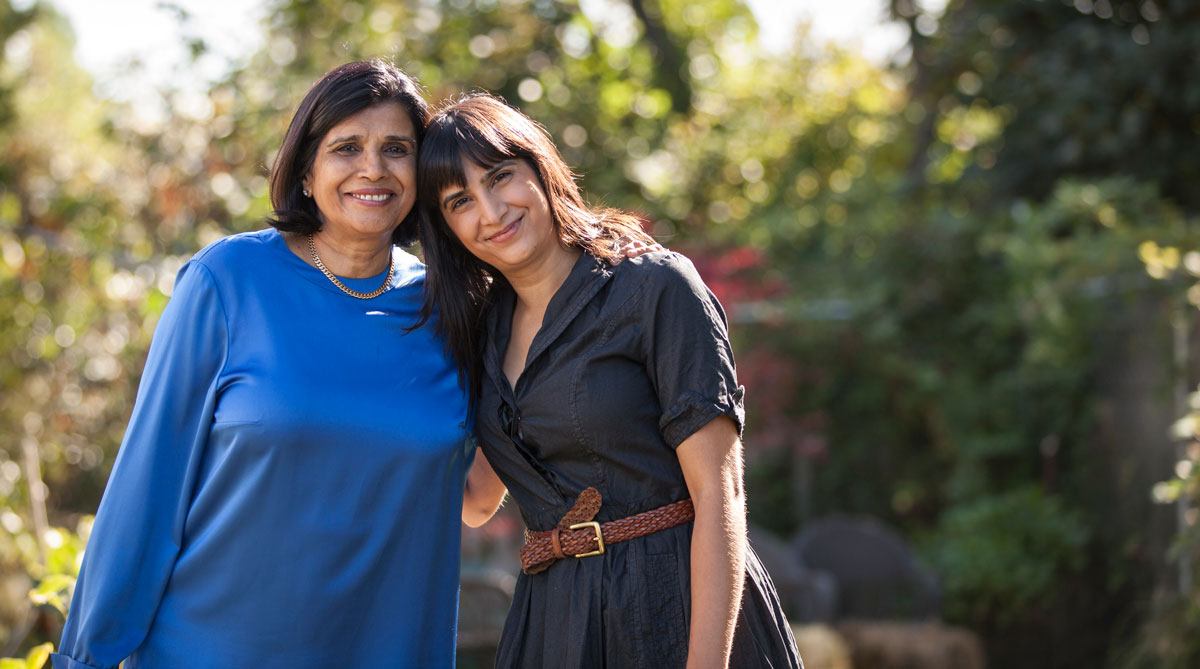
The couple is approached once per week, on average, by their big brand competitors and private equity firms, all eagerly requesting to purchase the business. Despite financial offers that make their heads spin, Ratana and Arran feel that it is important to prioritize the mission-driven aspect of their business and they refuse to compromise their values. Both they and their children feel adamant about maintaining their independence and soul. Three of their kids and four of their grandchildren have taken various roles with the company and succession plans to transfer the business to their children are crystallizing. When asked the secret to his success, Arran points to the old adage that “the harder I work, the luckier I get” and stresses that effort cannot be underrated.” “Effort, common sense, faith, and grace” adds Ratana.

Arran continues to be a persistent and effective activist fighting for transparency and integrity in our food system, working with the Real Organic Project to advocate for organic integrity in the food system. As we face the disastrous impacts of climate change, Arran recognizes “The greatest input we can add to our farmlands is the wisdom of cultures around the world who have been growing organically for hundreds of generations before chemical agriculture was introduced in the 20th century.”
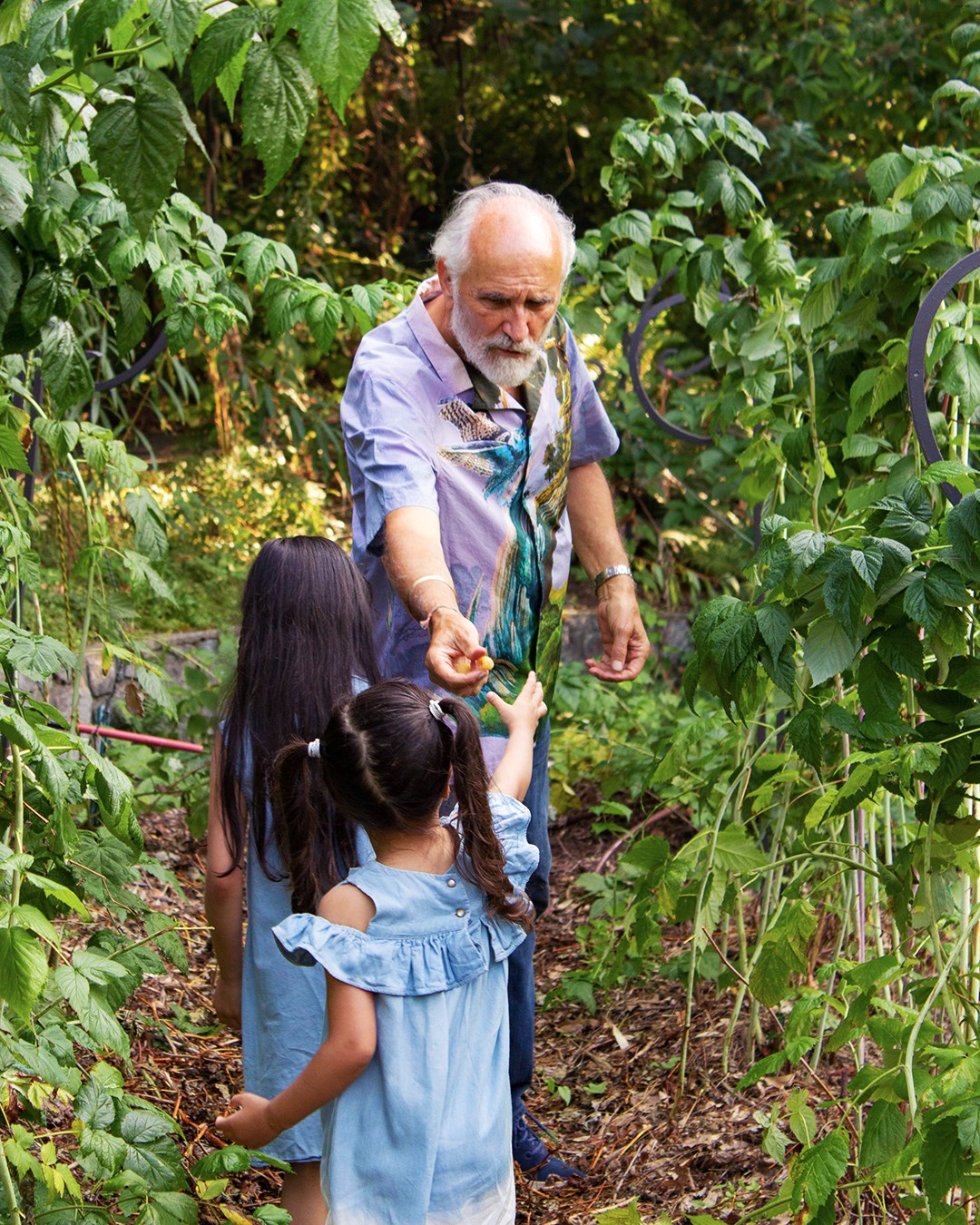
“At the center and core of Nature’s Path Foods is the goal of creating an agricultural system that aims towards healing the soil, land, water, air, and all of us who rely on these essential and natural elements. All around the world, people are waking up to the direct connection between how we farm locally and the massive collective impact this has on the stability of the global climate. This awareness has led to a will to do something about it. And we welcome the conversation on how we better reach that goal.”
“In the end, organic agriculture is really just good farming. It treats natural soil life, insects, animals, people, air, water and earth with integrity. Our support of the Real Organic Project is not a radical move— it’s simply a clear statement for the preservation of integrity in organic. Together we offer the strong voice needed to stand up against the practices now tearing the fabric of the planet apart. And as the Real Organic Project continues to raise this voice in support of integrity in the face of well-entrenched and well-financed opposition, Nature’s Path hopes that it won’t stand down or give in.”
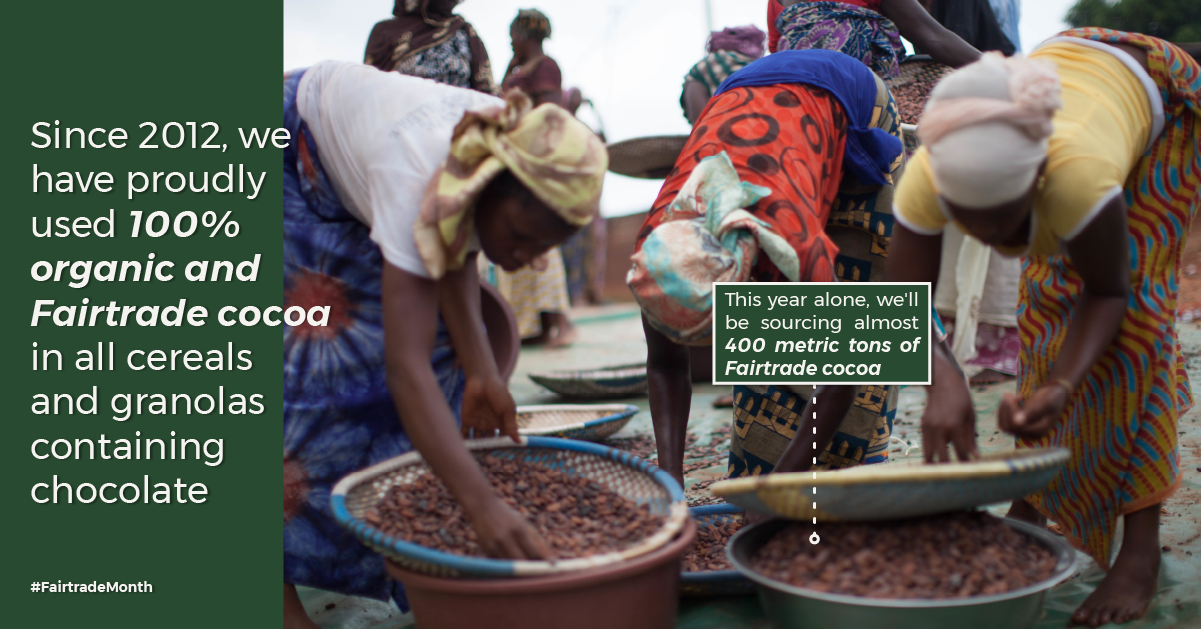
The mission at Nature’s Path is to always leave the earth better than they found it. Beyond their commitment to organic food and farming, as a triple-bottom-line company, they hold themselves accountable to doing what’s best for people and the planet (click here to read their 6 Sustainability Pillars). Their latest sustainability goal is for all of their packaging to be reusable, recyclable, or compostable by 2025. One of the ways they’re working towards this is their recent partnership with Loop – a global reusable packaging program – which is assisting them in creating a circular packaging system including piloting a reusable granola container! Click here to read more about the culture of giving and sustainability initiatives at Nature’s Path!
